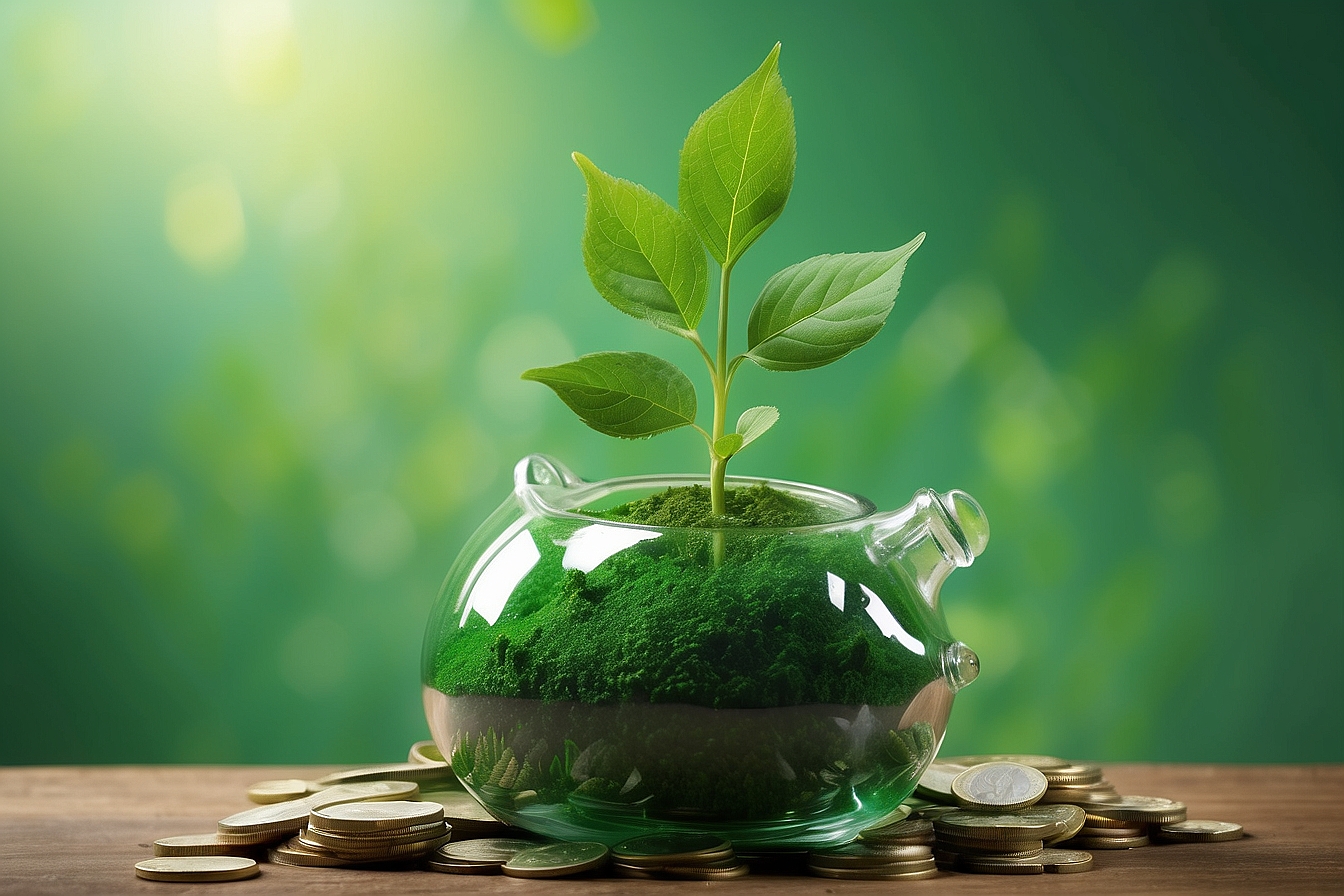If you have not personally felt the impact of our current economic crisis, consider yourself lucky. Global leaders consider our current situation to be the “most serious global recession since the 1930s.”1 Yikes! With a new President in office in the United States and the world’s business and government leaders brainstorming solutions, our world is in a good position to find news ways of picking our economy back up. President Obama is not wasting any time pushing for green initiatives and the rest of the world seems to be jumping on board. As the economic crisis continues to dominate 2009, it seems that green thinking may be a global solution to help our flailing global economy.
The United States
In the United States, the big topic of recent interest addressing the economic crisis is President Obama’s economic recovery plan. According to Business Week, the plan has been referred to as the “Green New Deal” and “is packed with references to doubling renewable energy generation, funding public transportation and energy-efficiency projects, and investing in clean water and environmental restoration.”2 Some of the highlights include: $32 billion to transform the nation’s energy transmission, distribution, and production systems by allowing for a smarter and better grid and focusing investment in renewable technology; $16 billion to repair public housing and make key energy efficiency retrofits; and $6 billion to weatherize modest-income homes.3 Now that is a lot of money for the environment! The end goal-when addressing the environmental language of the plan-is to give a boost to our economy by creating more jobs at home, and reducing our dependence on foreign oil. In the United States credit is frozen, consumer spending is on the decline, and we are expected to lose another 3 to 5 million in the next year. But as the recovery plan just passed in the House and Senate and will soon move to House-Senate negotiations, it will hopefully repower our nation with clean energy and create millions of new jobs that cannot be sent overseas.
The World
As global leaders prepare for the UN Climate Change Conference in December of 2009, over 2,500 people-including 40 heads of state, senior UN officials, including the Secretary General, and 1,400 business leaders and civil society representatives-gathered at the World Economic Forum in Davos, Switzerland recently to discuss the ongoing economic crisis. And…the environment stole the show. The UN Environmental Programme (UNEP) urged delegates to embrace the Global Green New Deal, that “seeks to mobilize and refocus the global economy towards investment in clean technologies and natural infrastructure to combat climate change and trigger a green employment boom, which may provide sustainable solutions to benefit both the economy and the environment in the twenty-first century.”4 As mentioned before, the United States just passed a version of a “Green New Deal,” with China, the Republic of Korea, Germany, the United Kingdom, and Japan also following suit. Some of the other topics of green interest discussed were catalyzing resources for a low-carbon economy, the role of the media in raising awareness on the issue and the contribution that the travel and tourism sector can make in combating climate change.5 The Forum also warned that unless at least US $515 billion a year is invested in clean energy between now and 2030, carbon emissions will reach a level considered unsustainable by scientists, causing global temperatures to rise by two degrees Celsius.6 Secretary-General Ban Ki-moon noted that transitioning to a low-carbon economy, “… can help solve the economic crisis… it will create jobs and spur growth. It is a critical step towards a sustainable future, for rich nations as well as poor.”7 Secretary-General Ban also believes that, “Investment in sustainable technologies will turn today’s crisis into tomorrow’s sustainable growth.”8 The outcome of this global green sentiment will hopefully be realized December 2009 in Copenhagen.
In a time when environmental degradation is a given and our economy is bound to hit rock bottom, it only seems appropriate to see the glass half full.
Resources
• To learn more about President Obama’s economic recovery plan, go to http://www.whitehouse.gov/agenda/economy/.
• To read more about the discussions at the World Economic Forum, check out http://www.weforum.org/en/index.htm.
• To see what will be happening at the UN Climate Change Conference in Copenhagen this December 2009, see the homepage at http://en.cop15.dk/.
• To learn more about the history of global environmental discussions and the Kyoto Protocol, see Greeniacs article “Kyoto Protocol 101” at http://www.wordpress-837916-4114959.cloudwaysapps.com/GreeniacsArticles/Kyoto-Protocol-101.html.


